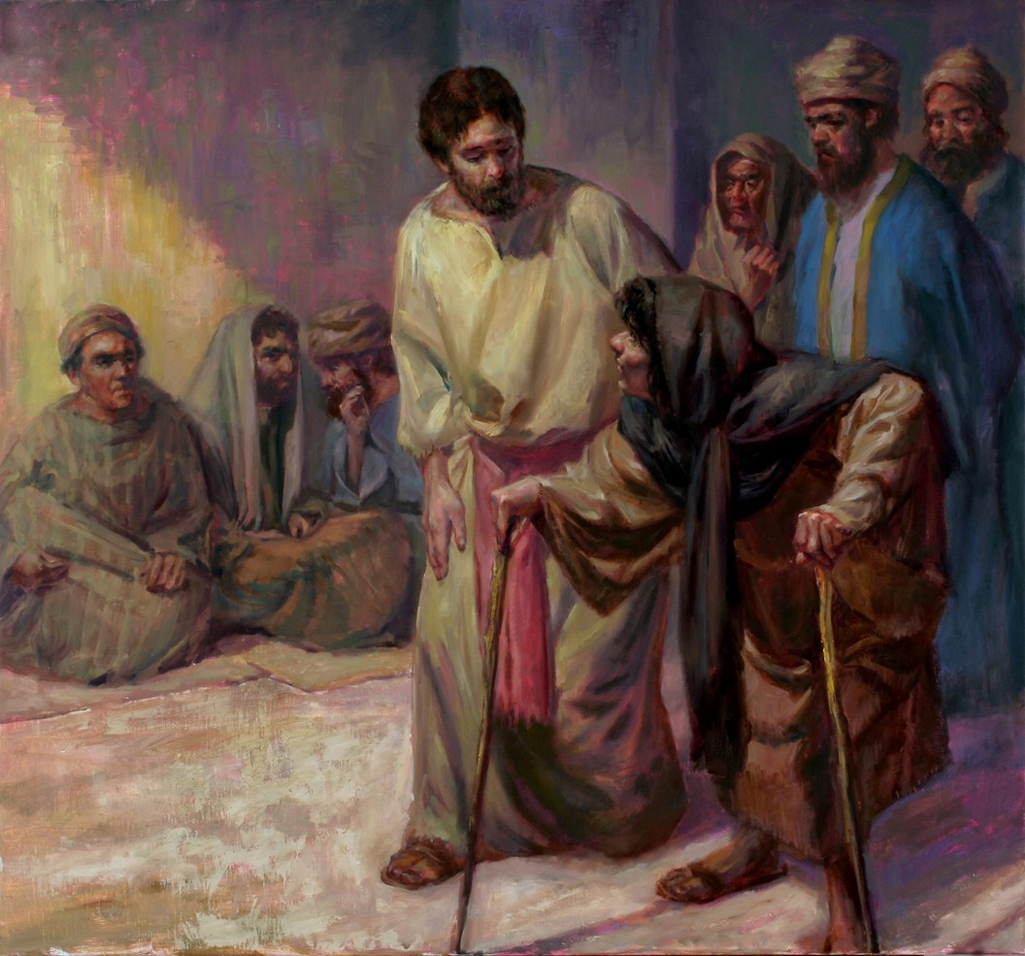Futility | Wilfred Owen | Poems With Jesus
‘Futility’ is written by Wilfred Owen during World War I. The poem expresses futility and hopelessness of war. The poem presents an image of a fallen soldier in the snow, as his comrades try to move him into the sun in hopes of reviving him. This act becomes a metaphor for futile efforts of better-humanity to counteract ridiculous war and death. The poem juxtaposes the soldier’s past experiences of the sun’s warmth and life-giving qualities with current reality of his lifeless state.
The poet contemplates the idea that the sun, which has the power to awaken seeds and bring life to the earth, is incapable of reviving the soldier. This raises questions about the significance of human actions and aspirations in the face of overwhelming forces – of human nature and mortality. The poem reflects senselessness of war by questioning the purpose of the soldier’s sacrifice and the efforts of those who sent him to battle.
Owen’s simple and stark language adds to the poem’s emotional impact, conveying bleakness of the soldiers’ situation and absurdity of war. Through ‘Futility’, Owen prompts readers to reflect on paradoxes of human existence, the transience of life, self-destruction, and tragedy of conflict.
The poem asks if humanity is so fallen that it might have been better not to happen at all. As such, the poem might be thought upon as confession.
The Poem | Futility | Wilfred Owen
Move him into the sun—
Gently its touch awoke him once,
At home, whispering of fields half-sown.
Always it woke him, even in France,
Until this morning and this snow.
If anything might rouse him now
The kind old sun will know.
Think how it wakes the seeds—
Woke, once, the clays of a cold star.
Are limbs so dear-achieved, are sides
Full-nerved, still warm, too hard to stir?
Was it for this the clay grew tall?
—O what made fatuous sunbeams toil
To break earth’s sleep at all?








